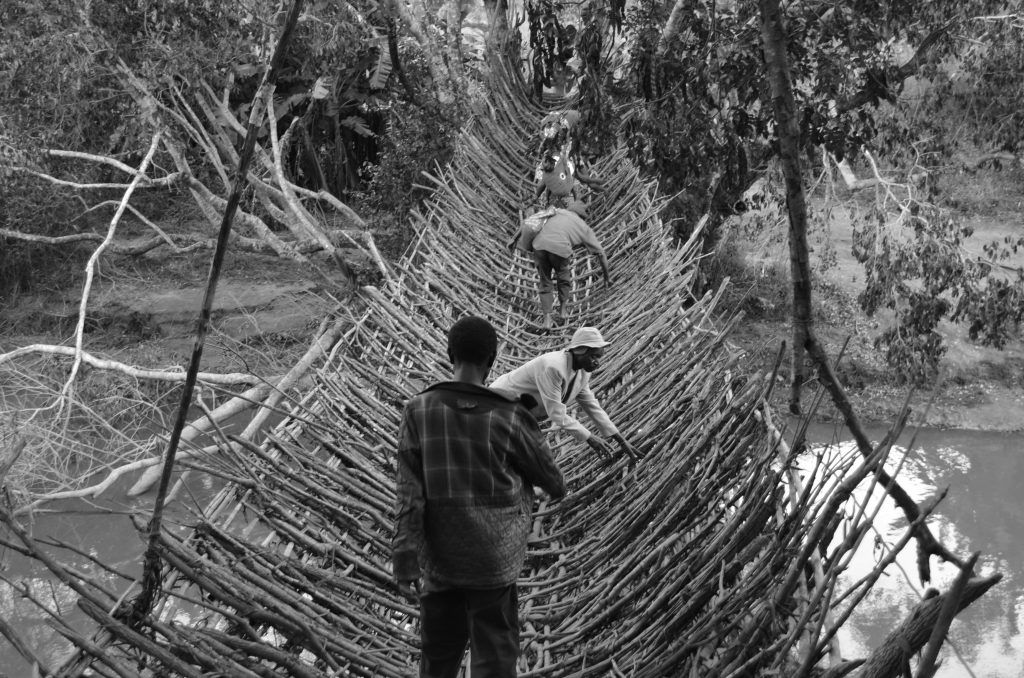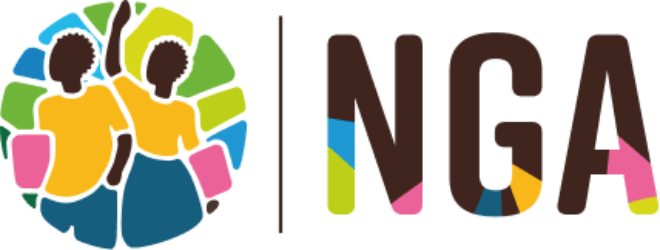
Our History
At the beginning of 2016, we had the idea to support rural schools in Malawi with offline mini-servers. It didn't come about by chance. In Hesse, the digitization strategy for schools was on everyone's lips - and our first project school, Chaminade Secondary School, was unable to provide its students with sufficient up-to-date teaching materials or its teachers with Internet access.
In the summer, we traveled to Malawi with the first prototype of the Xulendo Digital Library. On site, the concept proved to be very promising. This was especially evident from the feedback we received from teachers and students: They were very enthusiastic. One teacher even told us that he was now 'finally able to continue his education'. Motivated by these lasting impressions and the enthusiastic feedback from the first project, we wanted to further develop our approach, which was still in its infancy, and test it in a pilot project. Back in Germany, the association Next Generation Africa was founded to give the project an organizational framework.
The project picks up speed
In the summer of 2017, the innovative approach of our digital library project allowed us to receive a fellowship at the Center for Advanced Internet Studies (CAIS) in Bochum. As a research college, CAIS enabled us to devote 100% of our time to the project and take it to the next level in exchange with experts from computer science, development cooperation, and pedagogy. The following year, we split our time between Malawi and the Ruhr-Pott to design and implement a pilot project and to evaluate it scientifically. During this time, a comprehensive pedagogical and social concept was developed in close contact with the local teachers. It integrates the Xulendo Digital Libraries into daily teaching and anchors them in the community. This ensures the sustainability of our measures.
Together with our local partners and with financial support from the state of Hesse, we are implementing the project at our three pilot schools:
- Chaminade Boy’s Secondary School,
- St. Mary Girl’s Secondary School
- Eswazini Community Day Secondary School.
The schools had hardly any books and no equipment for teaching science. This made teaching and learning much more difficult. Access to the Internet is also often non-existent or only possible with severe restrictions. We had experienced this ourselves on site.Today, with the help of the Xulendo Digital Library, the students and teachers of these three schools can learn and teach with diverse educational content - completely independent of the local Internet.
With the accompanying evaluation, we analyzed the project comprehensively. this is particularly important in order to really meet the needs of the local people and to improve our concept in the long term. The results of the evaluation showed the success of the project and also where we can still work.After the pilot project, we started to improve the Xulendo Digital Library, to further develop our pedagogical and social concept, and to create more content - adapted to the local curriculum.
Arrived in Malawi
In the meantime, we are working with our Malawian partners to ensure that even more schools can benefit from the Digital Library. This close collaboration with local organizations and people is particularly important to us: We believe that our project can only have a long-term impact if it is by Malawians for Malawians. Together we are constantly developing our project. We continuously improve the technology, create new content and penetrate new blind spots on the Internet map. So that children - even in the most remote areas of Africa - have access to education.
Beyond borders
Even though the focus of our work is Malawi, our idea is to promote education beyond national borders. Our goal here is to support other projects and associations with our technology and know-how. In 2018, it started in Burundi. And since 2019, we are open to requests from all over the world.
In Malawi, the participating schools cooperate with each other and exchange teaching materials. We would like to promote this educational exchange across borders - including with Germany. This not only provides insights into the different curricula, but also promotes intercultural exchange as well as the teaching of topics "beyond one's own nose".It helps raise students' awareness of the Global South and its situation.
